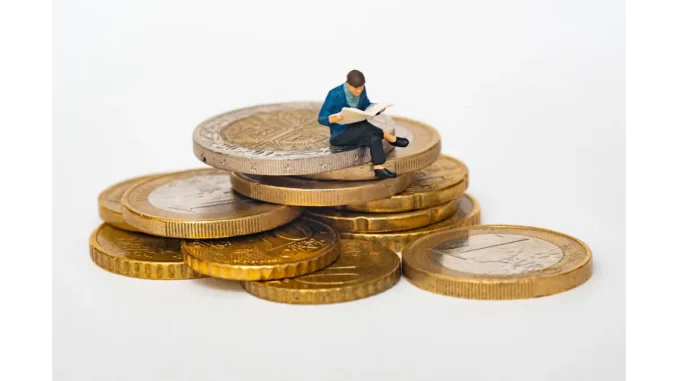
When I sat down with Richard Bennett, an experienced real estate consultant, for a chat over coffee in his sunlit office, I was eager to delve into the intricate dynamics of how strategic home renovations could not only enhance property value but also ripple through the broader economy. Richard, a seasoned professional with over 20 years in the industry, greeted me with a warm smile and an air of enthusiasm that immediately set the tone for our discussion.
Invest in your homeElegancia.homes orangeries increase value and appeal over other properties.
“As homeowners,” Richard began, “we often think of renovations purely in terms of personal benefit—making our space more comfortable or aesthetically pleasing. However, the impact of these changes extends far beyond our front doors.”
Richard highlighted that property value, essentially the monetary worth of real estate, is a significant indicator of economic health. When property values rise, it’s often a reflection of a thriving economy, increased consumer confidence, and a vibrant real estate market. “Homeowners hold a unique power,” he stated, “to influence this dynamic through strategic renovations.”
The Strategic Renovation Playbook
“Let’s talk specifics,” Richard suggested, leaning forward. “When we discuss adding value to a home, we often start with the kitchen and bathrooms. These areas not only serve as functional spaces but are also the heart of the home, where families gather and memories are made. Upgrading these spaces with modern fixtures, energy-efficient appliances, and contemporary designs can significantly boost a property’s appeal and market value.”
Richard’s eyes lit up as he mentioned curb appeal. “It’s all about that first impression,” he said. “Simple enhancements like landscaping, a fresh coat of paint, or a new front door can transform the way a property is perceived. It’s an immediate value-add that can set a home apart in the competitive market.”
Economic Growth and Beyond
The conversation naturally shifted to the broader economic impact of rising property values. “When property values increase, the benefits ripple through the economy,” Richard explained. He noted that job creation is one of the most direct outcomes, particularly in the construction and home improvement sectors. “Renovations demand skilled labour— from builders to architects—which in turn supports local employment and stimulates economic activity.”
Richard also pointed out the wealth effect, where homeowners feel financially secure due to increased home equity. “This often results in increased consumer spending, benefiting local businesses and services. It creates a cycle of prosperity.”
Community and Infrastructure
“Home improvements can also enhance community development,” Richard noted. “For instance, when multiple homeowners invest in their properties, it encourages neighbourhood revitalisation. This attracts new residents and businesses, fostering a vibrant, interconnected community.”
He cited the example of infrastructure development, such as improved transportation links and public facilities, which often leads to significant property value appreciation. “These enhancements not only make regions more accessible but also elevate the quality of life, making them desirable places to live and invest.”
Challenges on the Horizon
However, Richard was quick to acknowledge the challenges, such as gentrification and displacement of long-term residents. “While rising property values are beneficial, they can also lead to affordability issues,” he cautioned. “It’s crucial to balance economic growth with inclusivity, ensuring that communities remain diverse and accessible.”
Final Thoughts
As our conversation drew to a close, Richard reflected on the role of homeowners and real estate investors in shaping the future. “Understanding market trends and economic indicators is vital. By making informed decisions and engaging with local development initiatives, stakeholders can maximise property value and contribute positively to the economy.”
His advice for homeowners was clear: “Consider renovations as an investment in both your personal wealth and the community. It’s about creating spaces that not only increase in value but also enhance the lives of those who live there and beyond.”
As I left Richard’s office, I was struck by the profound interconnectedness of individual actions and broader economic trends. It’s a reminder that in the world of real estate, every renovation, every improvement is part of a larger story of economic growth and community development.
Elaine Cooper


Be the first to comment